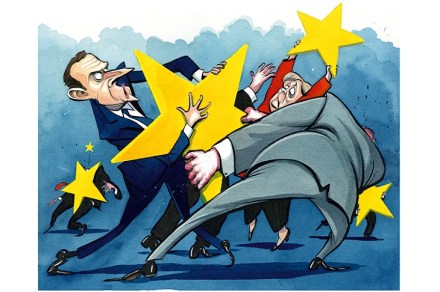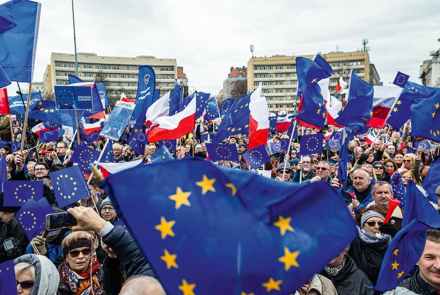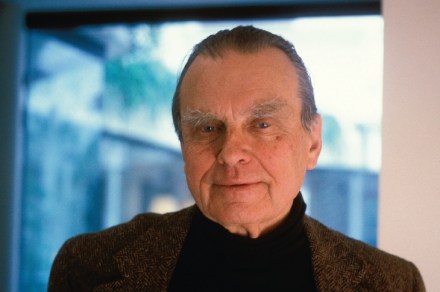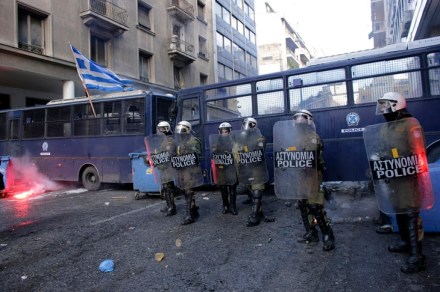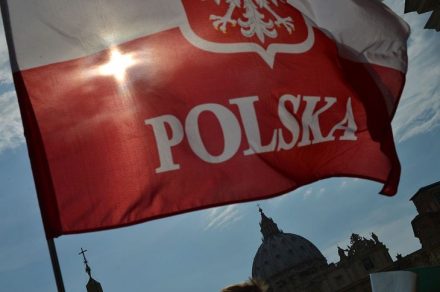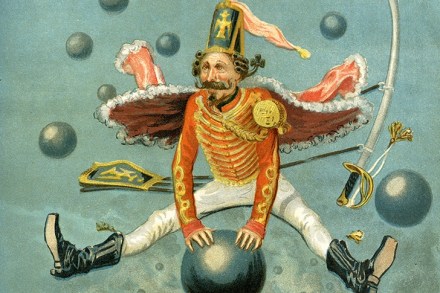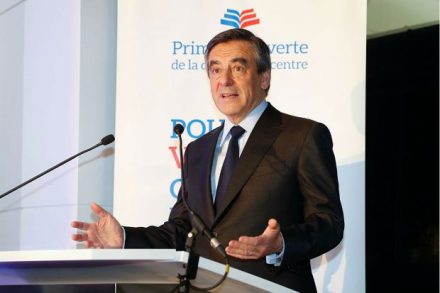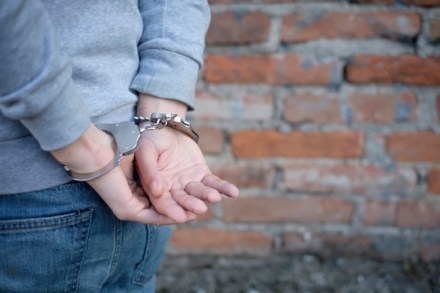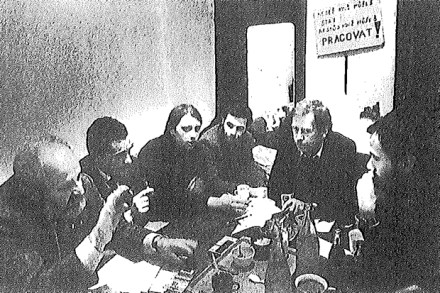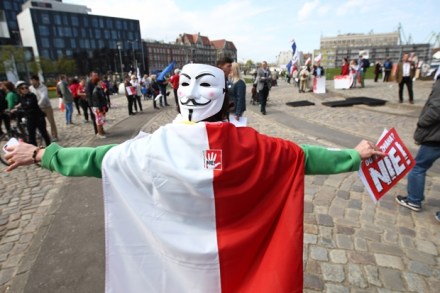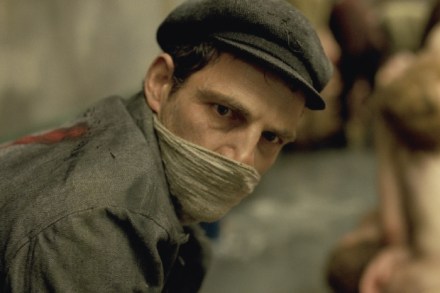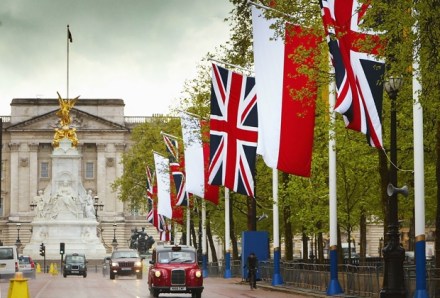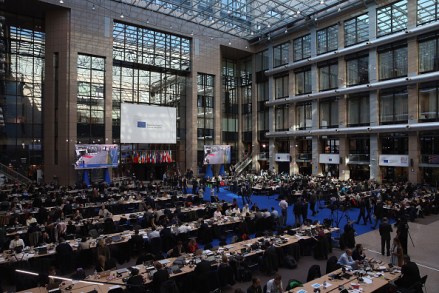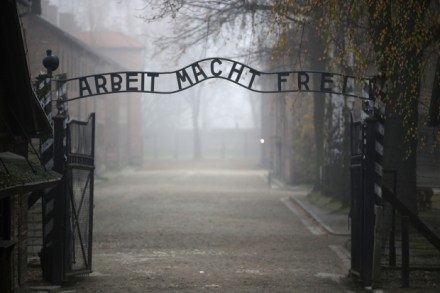Donald Trump is wrong about Germany being a ‘captive’ of Russia
“What good is Nato if Germany is paying Russia billions of dollars for gas and energy?” tweeted Donald Trump on 11 July. Trump was surely referring to Nord Stream 2, the controversial deal between Russia and Germany, whereby Russia will pump natural gas direct to Germany through a new pipeline across the Baltic Sea. Trump reckons such arrangements make Germany a ‘captive’ of Russia. Is he right? America isn’t the only country that’s getting hot and bothered about Nord Stream 2. Denmark and the Baltic States have also voiced concerns. The most vociferous opponent of the scheme is Ukraine. Russia currently pumps gas to Europe via Ukraine, but once Nord Stream




